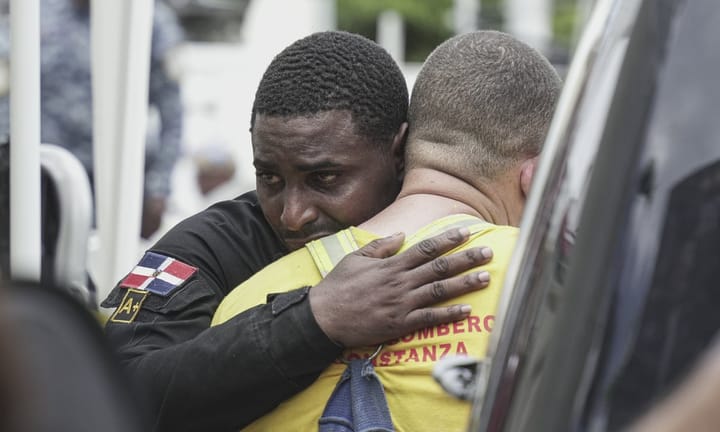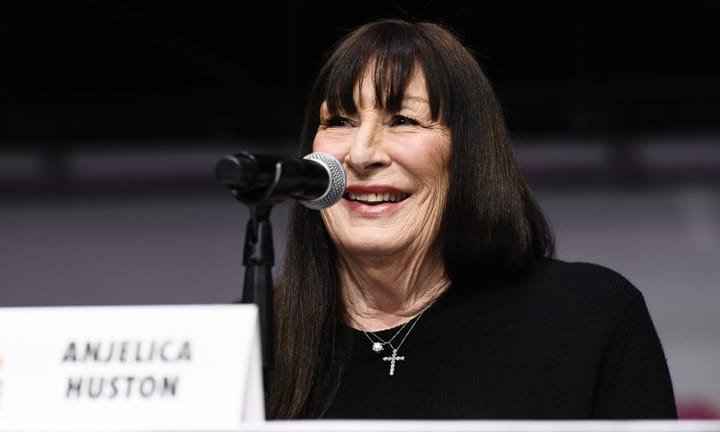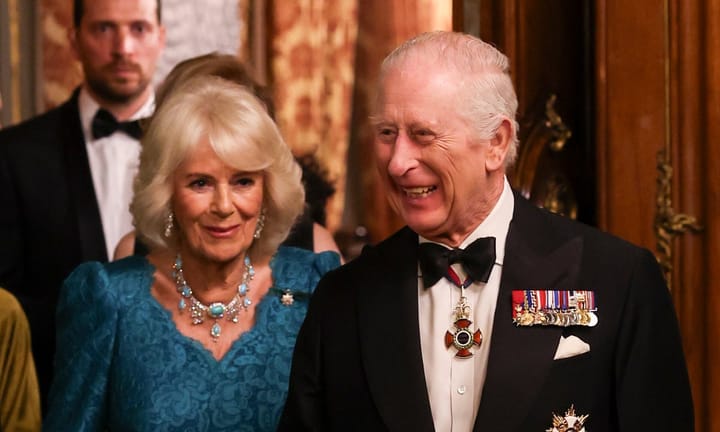Ukrainian President Volodymyr Zelenskyy outlined his “victory plan” during a speech to parliament that recognized growing pressure from allies to negotiate an end to the ongoing conflict. Central to this strategy, which had been discussed in private meetings and tours across European capitals before its public release in Kyiv yesterday, is Ukraine's unconditional invitation for Nato membership – a proposition initially introduced during his engagements with international partners but now brought into sharper focus amidst calls for peaceful resolution.
Zelenskyy acknowledged the cue from allies about considering negotiations while admitting that discussions on justice were less frequent in these conversations, framing this as a motivation to present his vision of "decent peace" with an eye towards Nato affiliation for Ukraine. He argued such commitment would signal significant blowback against Russian President Vladimir Putin's geopolitical ambitions – hinting that it could lead Russia toward defeat in its endeavors, given the strength and solidarity potential within NATO alliances should he accept their invitation.
In response to Ukraine’s proposed plan for joining Nato, there was a lack of immediate feedback from Kyiv's supporters; they had been wary since Russia initiated its full-scale invasion in February 2022 and started making threats involving nuclear weapons soon afterward — raising fears about the potential escalation.
Moscow quickly rejected Zelenskyy’s proposition as an act of provocation, with foreign ministry spokesperson Maria Zakharova stating that accepting Nato membership would plunge Russia into direct conflict – a statement reflecting their increasingly aggressive stance towards Ukraine's sovereignty and territorial integrity.
Despite these challenges ahead for Zelenskyy, he stood firm against the idea of trading territory with Moscow as an end to hostilities — though many believe that some form of compromise on controlled areas might be necessary considering Russia’s occupation stretched over nearly three years now. He views his vision not just a military strategy but also one aimed at shifting global perception regarding Ukraine's future, especially in light of the slow yet constant progression of Russian forces along eastern frontlines as we approach war anniversaries.
In today’s world where resources are scarce and attention is divided — with conflicts elsewhere pulling focus away from Ukraine thanks to other crises like those happening in the Middle East or even Trump's potential presidency influencing US foreign policy -- Zelenskyy has stressed on a vision of 'just peace'. His plan hinges upon receiving better defense mechanisms and non-nuclear deterrents, which he believes would not only guarantee Ukraine’s security but also open up investment opportunities.
Ukraine's economic potential is heavily intertwined with its rich resources such as uranium, titanium, lithium, graphite — all of high strategic importance to the global economy and geopolitical stability – that Zelenskyy believes should not be exploited for war machinery but rather serve in aiding democratic world economies.
Moreover, once peace is achieved after Russia's involvement ends, Ukraine would emerge with battle-hardened soldiers who could bring valuable experience to strengthen Nato forces globally — further emphasizing the country’s role beyond just being on the front lines of this conflict but as a critical player in maintaining international security.
Finally, Zelenskyy highlighted that supporting Ukraine was not only an act of solidarity for democracy against autocratic threats posed by Russia and its allies - with connections reaching North Korea — it’s also self-defense due to the expanding scope of warfare which threatens peace globally. He pointed out, as wars multiply around us they will inevitably cost more than what can be controlled; hence he calls upon worldwide communities and governments alike not just for survival but life itself — a powerful conclusion urging immediate global cooperation against these threats of aggression to maintain peace on earth.
Artem Mazhulin contributed additional reporting as part of this unfolding narrative at Ukraine's frontlines, providing further context and insight into the situation in Kyiv amidst mounting tensions with Russia.
Read next

Dominican Republic halts rescue efforts following devastating ceiling failure at nightclub incident
Rescue teams in the Dominican Republic on Wednesday concluded their search for survivors following a catastrophic nightclub roof collapse—this marks one of its most tragic disasters over recent years, with confirmed death toll rising beyond 180 individuals within this Caribbean nation.
Authorities announced an additional count of 60 fatalities

Angelica Huston Discloses Past Cancer Diagnosis; Now Fully Recuperated and Clear of Disease
Anjelica Huston disclosed her cancer diagnosis six years ago after the release of her 2019 film John Wick: Chapter 3 – Parabellum. The actress prefers not to divulge specific details about the type of cancer she faced but expressed pride in overcoming this serious health challenge, which required significant changes to

Royal Visit: King Charles and Queen Camilla Surprise Papal Counterpart at Recovery
The British monarch Charles and his consort Camilla paid an unexpected visit to Pope Francis during their four-day official trip across Italy.
They met with the pontiff at his residence within Casa Santa Marta inside Vatican City where he recovers from a severe lung infection caused by pneumonia, which had

